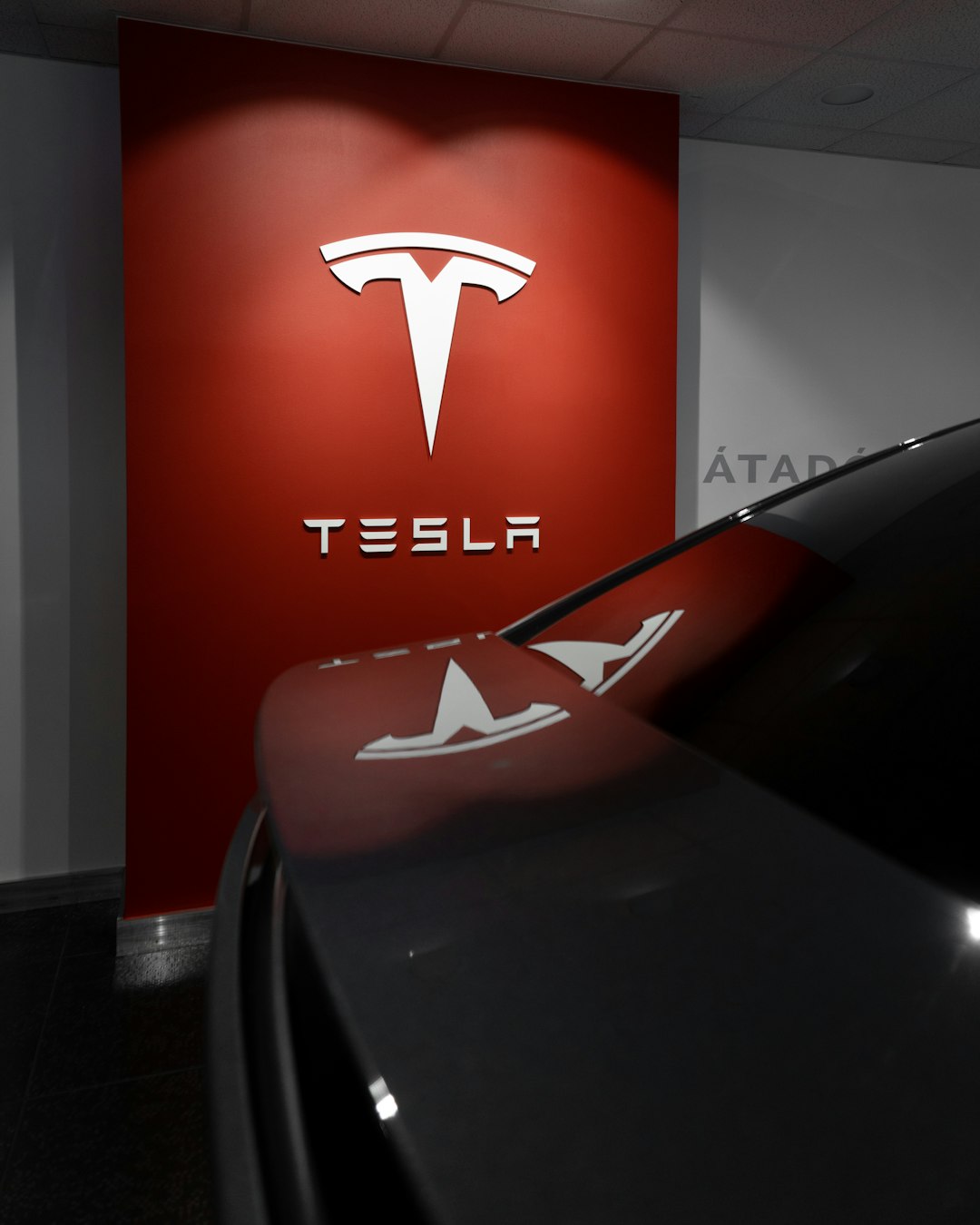
Tesla (NASDAQ:TSLA) has rolled out a long-awaited autopilot software update in China, introducing city navigation features, but the update has left many Chinese owners underwhelmed. The release, which includes automatic lane-changing, traffic light detection, and an in-car driver monitoring system, falls short of the more advanced “Full Self-Driving” (FSD) capabilities available in the United States.
A Limited Upgrade Compared to U.S. FSD
While the new software improves Tesla’s driver-assistance features in China, it lacks the sophistication of its U.S. counterpart due to data training constraints on Chinese roads and regulatory hurdles. Unlike FSD, which leverages generative AI to handle complex driving conditions, the updated Autopilot in China remains relatively basic.
Elon Musk has long aimed to bring full Autopilot and FSD capabilities to China, but both U.S. and Chinese government restrictions have slowed the process. The company has already delayed its initial target of launching FSD in China by the end of 2024 to sometime this year.
Chinese Consumers Express Disappointment
Many Tesla owners in China voiced frustration on social media, noting that the update failed to meet long-standing promises. Several Chinese automakers already offer similar driver-assistance features—sometimes at a lower cost or even for free—leading to growing dissatisfaction among Tesla customers.
Lu Panpan, a Tesla Model 3 owner in Zhejiang province, expressed disappointment after paying 56,000 yuan ($7,720) for FSD software in 2019, only to see minimal advancements over the years.
Impact on Tesla’s Market Position
With intensifying competition from domestic EV brands like BYD and Nio, Tesla’s ability to enhance its technology and maintain a competitive edge in China remains critical. Investors closely watching Tesla’s financial standing may benefit from analyzing full financial statements to assess the company’s investment in AI-driven automation and software development. Additionally, key financial ratios can provide insights into Tesla’s profitability amid ongoing software and regulatory challenges.
As Tesla continues working toward full FSD integration in China, the success of its software updates could play a pivotal role in shaping consumer sentiment and maintaining its dominance in the world’s largest EV market.
At CWEB, we are always looking to expand our network of strategic investors and partners. If you're interested in exploring investment opportunities or discussing potential partnerships and serious inquiries. Contact: jacque@cweb.com

